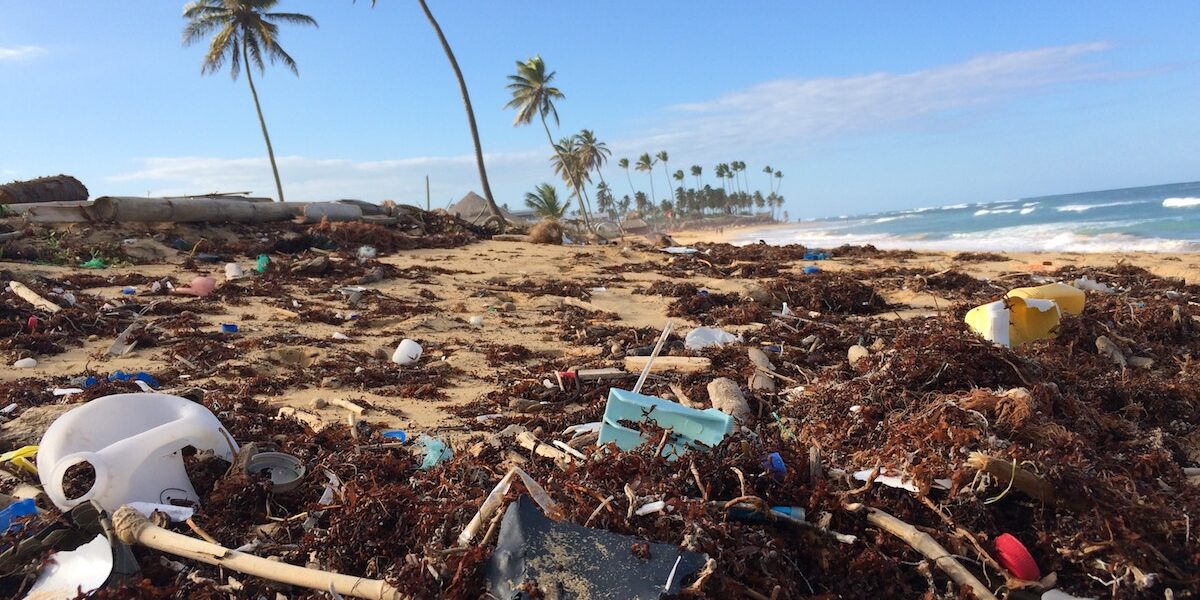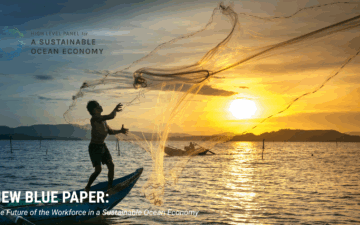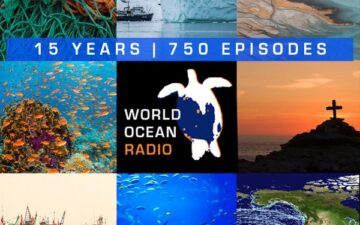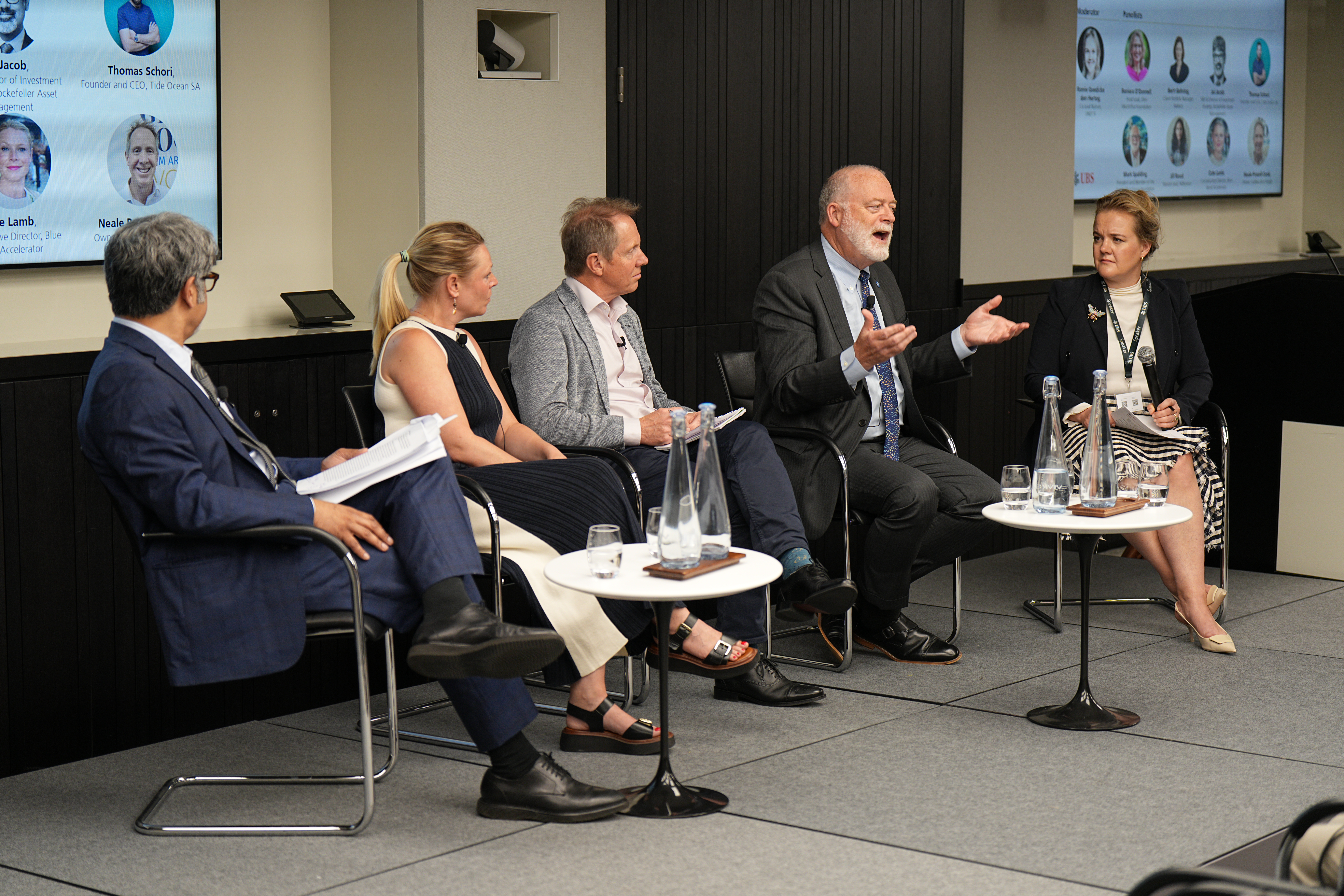By Emily Franc, Research Associate, The Ocean Foundation
No one enjoys looking at a litter filled beach or swimming next to trash. And we definitely don’t enjoy seeing marine mammals die from ingesting debris or getting caught in it. The pervasiveness of marine litter is an internationally recognized global problem that must be addressed by all countries. The primary source of marine debris, as confirmed by a 2009 UNEP commissioned study seeking market solutions to marine litter[1] is land-based debris: trash discarded in streets and gutters, blown by wind or rain driven into streams, gullies and eventually into the island environments. Other sources of marine debris include illegal dumping and poor landfill management. Land-based trash also finds its way into the ocean from island communities due to hurricanes and tsunamis. The Pacific Coast of the Unites States is seeing massive amounts of debris from the devastating 2011 earthquake and tsunami in northeastern Japan washing up on our shores.

Each year, trash in the ocean kills more than one million seabirds and 100,000 marine mammals and turtles when they ingest or become entangled in it.
The good news is that individuals and organizations are working to combat this problem. For example, on August 21, 2013 The National Oceanic and Atmospheric Administration (NOAA) announced a new grant opportunity in support of coastal marine debris clean-up efforts. Total program funding is $2million, out of which they are expecting to award approximately 15 grants to qualifying nonprofits, government agencies at all levels, native American tribal governments, and for profit organizations, in amounts ranging from $15,000 to $250,000.
The Ocean Foundation is a strong supporter of coastal debris cleanups through the Coastal CODE Fund, provided by generous contributions from the Alaskan Brewing Company since 2007. Individuals and other groups may also make donations to the Coastal CODE Fund through The Ocean Foundation and Coastal CODEwebsites[SM1] .
To date, this fund has enabled us to support the ongoing efforts of 26 local, community organizations with thousands of volunteers along the Pacific coast to coordinate beach cleanup activities, improve water quality, provide education on ocean conservation and preservation, and support sustainable fisheries. For example, we recently provided funding to Alaska SeaLife Center in support of their Gyres Project, a collaborative effort with the Anchorage Museum to document the extreme reach of marine debris into supposedly remote and “untouched” areas around the Aleutian Islands. This impactful documentary has just been released by NatGeo and may be viewed in its entirety here.
The CODE in Coastal not only supports beach cleanups, but also adopting a more sustainable way of living by Making W.A.V.E.S. which stands for:
Walk, bike or sail to reduce emissions
Advocate for our ocean and coastlines
Volunteer
Eat sustainable seafood
Share your knowledge
The NOAA announcement is an exciting opportunity to support and fund grassroots, community-based activities that will keep our marine habitats trash-free for the marine species dependent on a clean, healthy and trash-free environment.
What you need to know about applying for a NOAA grant:
Application deadline: November 1, 2013
Name: FY2014 Community-based Marine Debris Removal, Dept of Commerce
Tracking Number: NOAA-NMFS-HCPO-2014-2003849
Link: http://www.grants.gov/web/grants/view-opportunity.html?oppId=240334
While we work toward solutions to mitigate the problems that cause marine debris, it is vital to protect our marine communities by continually cleaning up our messes. Join the fight against marine debris and help protect our oceans by donating or applying for a grant today.
[1] UNEP, Guidelines on the use of Market Based instruments to address marine litter, 2009, p.5,http://www.unep.org/regionalseas/marinelitter/publications/docs/Economic_Instruments_and_Marine_Litter.pdf









